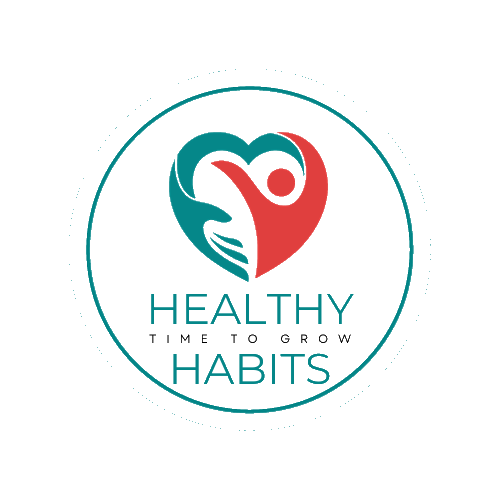
Introduction
In our fast-paced world, caffeine is a common go-to for many seeking an energy boost. However, recent research indicates that caffeine may exacerbate brain changes caused by sleep deprivation. This article explores the intricate relationship between caffeine consumption, sleep loss, and brain health.
The Science Behind Caffeine and Its Effects on the Brain

Caffeine, a central nervous system stimulant, works primarily by blocking adenosine receptors. Adenosine is a neurotransmitter that promotes sleep and relaxation. By inhibiting these receptors, caffeine effectively prevents the brain from recognizing feelings of fatigue, leading to increased alertness and wakefulness.
Sleep Deprivation and Its Cognitive Consequences

Sleep is crucial for maintaining cognitive function, memory consolidation, and overall brain health. Chronic sleep deprivation has been linked to numerous cognitive impairments, including reduced attention span, slower reaction times, and impaired decision-making abilities.
Brain Changes Due to Sleep Loss
Sleep deprivation leads to several adverse changes in brain structure and function. Notably, it affects the prefrontal cortex, which is responsible for executive functions such as problem-solving, planning, and impulse control. Lack of sleep also impacts the hippocampus, critical for memory formation and retention.
The Dual Role of Caffeine in Sleep Deprivation
While caffeine can temporarily mitigate the effects of sleep deprivation by enhancing alertness and cognitive performance, it may also contribute to a vicious cycle of poor sleep and reliance on stimulants. Over time, this can lead to heightened stress, anxiety, and further cognitive decline.
Temporary Benefits vs. Long-term Risks

Short-term caffeine consumption can help individuals stay awake and maintain productivity. However, long-term reliance on caffeine can disrupt natural sleep patterns, leading to a cycle of sleep deprivation and increased caffeine intake. This cycle can exacerbate the negative effects of sleep loss on brain health.
The Study: Caffeine and Brain Changes Due to Sleep Loss
Recent studies have highlighted how caffeine can intensify the detrimental effects of sleep deprivation on the brain. One such study observed significant brain changes in subjects who consumed caffeine during periods of sleep loss. These changes included alterations in brain connectivity and increased stress levels, which can impair cognitive function over time.
Key Findings
- Increased Stress Hormone Levels: Caffeine intake during sleep deprivation leads to elevated cortisol levels, a stress hormone that can negatively impact cognitive function and overall health.
- Altered Brain Connectivity: The study noted changes in brain network connectivity, particularly in regions associated with attention and memory.
- Impaired Cognitive Performance: Participants exhibited reduced cognitive performance despite feeling more alert, indicating that caffeine’s effects on wakefulness do not necessarily translate to improved brain function.
Practical Recommendations for Caffeine Use and Sleep Health
To mitigate the negative effects of caffeine and sleep deprivation, we recommend the following strategies:
- Limit Caffeine Intake: Consume caffeine in moderation and avoid it in the late afternoon and evening to prevent sleep disturbances.
- Prioritize Sleep Hygiene: Establish a regular sleep schedule, create a relaxing bedtime routine, and ensure your sleep environment is conducive to rest.
- Consider Alternatives: Explore other ways to boost energy and alertness, such as regular physical activity, healthy nutrition, and mindfulness practices.
- Monitor Sleep Patterns: Use sleep tracking tools to monitor your sleep quality and make adjustments as needed to improve overall sleep health.
Conclusion
While caffeine can provide a temporary boost in alertness and cognitive performance, its long-term use during periods of sleep deprivation can exacerbate brain changes and impair cognitive function. Prioritizing good sleep hygiene and being mindful of caffeine consumption can help maintain brain health and cognitive performance.
By understanding the complex relationship between caffeine, sleep loss, and brain health, we can make more informed choices that support our overall well-being.
